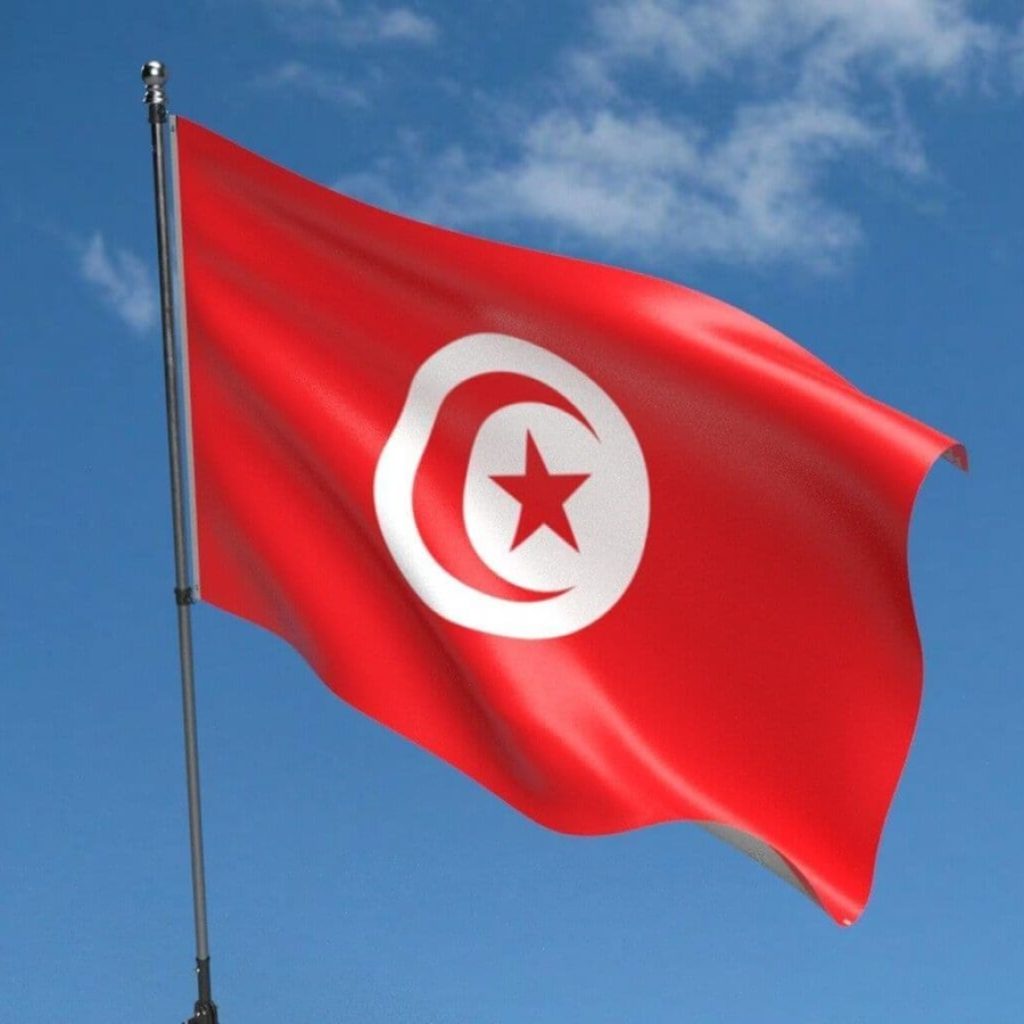Global geopolitics has long been a game of intricate chess, with power blocs rising and falling, forging alliances, and pushing their agendas. The current climate of international relations and global conflict – a setting that one Indian analyst boldly labels as the onset of World War III – presents us with a thought-provoking question: What would happen if the BRICS economic alliance and the Shanghai Cooperation Organization (SCO) were to merge?
The intricate chessboard of global politics
BRICS – an acronym that stands for Brazil, Russia, India, China, and South Africa – and the SCO – consisting of China, India, Iran, Kazakhstan, Kyrgyzstan, Pakistan, Russia, Tajikistan, and Uzbekistan – are both power blocs with substantial economic and political clout.
Both were initiated by China and Russia, both have similar overarching objectives, and both represent influential entities in the arena of global politics.
A hypothetical merger between these two groups, according to Robinder Sachdev, president of the New Delhi-based think tank Imagindia Institute, would result in a stronger, clearer organization, capable of being an influential pole on the international stage.
The joining of these two entities, he speculates, could potentially occur within the next five years.
BRICS & SCO: A merge?
While these organizations share some commonalities, they are distinct in their origins and functions. BRICS, formed in 2009, represents emerging economies with a collective ambition to assert their role in global financial affairs.
The SCO, founded in 2001, is primarily focused on regional security matters, but its remit has gradually expanded to include economic and cultural cooperation.
Despite their impressive individual strengths, the concept of a merger, Sachdev argues, would result in an alliance with more clarity and strength.
As the world moves forward into the 21st century, such a consolidated entity could, according to Sachdev, play a significant role in shaping the new global matrix.
Sachdev’s provocative proclamation that we are already in the midst of World War III signifies the urgency of these alliances. Beyond the threat of global conflict, the world is grappling with economic challenges and the detrimental effects of climate change.
The simultaneous impact of these factors, he suggests, is reshaping the global landscape in unprecedented ways. In this landscape, the UN is described as directionless, with some organizations being inactive and others having a biased approach towards the ongoing global conflict.
Here, a potential merged organization could hold significant sway in establishing and maintaining stability in a world grappling with numerous challenges.
Now the reality
A single unified entity formed from the BRICS and SCO blocs could potentially have substantial benefits. This fusion would create an organization capable of wielding considerable influence in geopolitical affairs, essentially becoming a formidable power player in global politics.
However, such a merger is far from straightforward. Differences in the member nations’ domestic policies, economic disparities, and varied strategic interests could prove to be obstacles in this potential unification.
Nevertheless, Sachdev’s idea of a possible BRICS-SCO merger pushes us to reexamine the dynamic landscape of international politics.
While this may remain a hypothetical scenario for now, it certainly adds an intriguing perspective to the ever-evolving chessboard of global geopolitics. A merger of this scale, should it occur, would certainly redefine our understanding of global alliances and power blocs.





